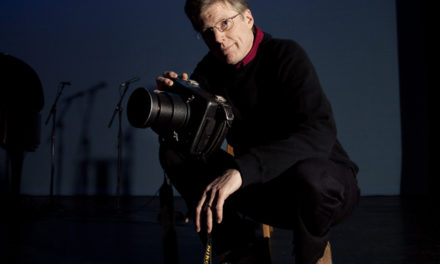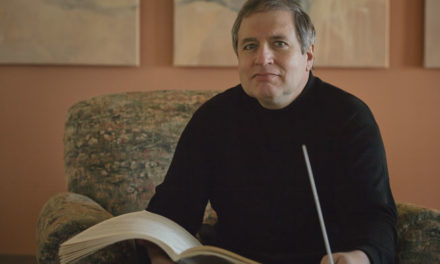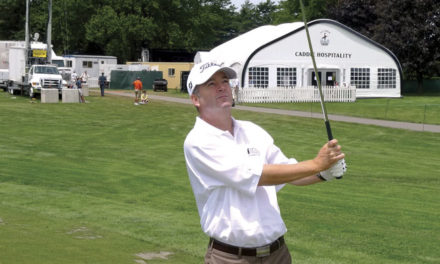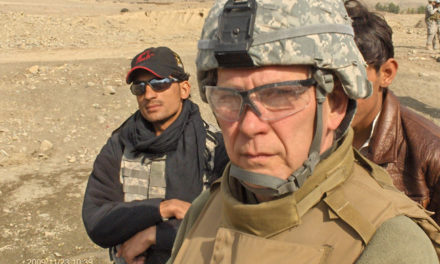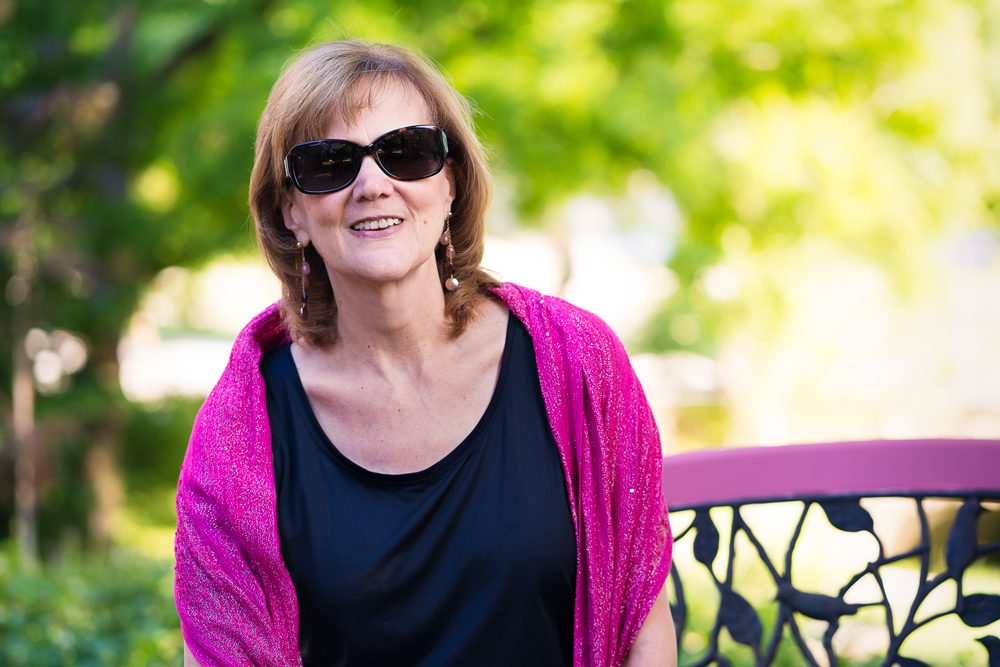
by SUSAN M. BRACKNEY
Barbara Salisbury probably thinks about getting from point A to point B more often than most people. “For people with disabilities, it doesn’t really matter how accessible the housing, the businesses, and educational settings in the community are if you don’t have a way to get to them,” she says. “Transportation is the glue that holds it all together.”
Salisbury presides over both the state and local affiliates of the American Council of the Blind (ACB), which advocates for people with visual impairments on a wide continuum. She’s also a mayoral appointee to the Council for Community Accessibility.
Blind since age 7, the Louisville native is a longtime Bloomington resident with a unique perspective on the area’s accessibility strengths and weaknesses. “There’s an invisible line between the city and the county,” she says. “People who drive are hardly even aware of it, but, if you’re dependent on public transportation, you’re not going to cross it.”
Salisbury points out services that are often inaccessible because of their location. “There are lots of things outside the city limits—retail, a community college, a hospital,” she says. “There’s now a new building off of Curry Pike that houses a lot of human services.” Because they aren’t on city bus lines, access for people with disabilities is greatly limited. “We really need to see more collaboration—County and City, City and County—about how do we do transportation,” Salisbury says.
When she’s not knee-deep in advocacy, Salisbury enjoys knitting and creates her own patterns. She also loves music and holds an undergraduate degree in music therapy from the University of Evansville. After completing an internship in Orlando, Florida, she married her husband, Rhett Salisbury. The two moved to Bloomington and lived here 14 years before moving to Virginia. There, she worked for the local center on independent living.
The couple raised two children and eventually returned to Bloomington to be closer to family. Laughing, Salisbury says, “My husband always tells new neighbors that I’m blind. He’ll jokingly say, “If you wave at her, she’s not going to wave back!’”
The one-liner is both an icebreaker and a reminder that making friendly overtures is up to the sighted. “Speak to someone who’s blind, and I think you’ll find they’re really friendly,” Salisbury says. “It’s important to connect with other people. There’s life beyond blindness, and it can be a good life.”
For more information on the ACB of Indiana, visit acb-indiana.org.


